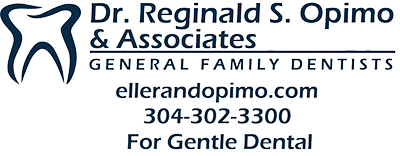Amalgam Fillings
Used by dentists for more than a century, dental amalgam is the most thoroughly researched and tested restorative material among all those in use. It is durable, easy to use, highly resistant to wear and relatively inexpensive in comparison to other materials. For those reasons, it remains a valued treatment option for dentists and their patients.
Dental amalgam is a stable alloy made by combining elemental mercury, silver, tin, copper and possibly other metallic elements. Although dental amalgam continues to be a safe, commonly used restorative material, some concern has been raised because of its mercury content. However, the mercury in amalgam combines with other metals to render it stable and safe for use in filling teeth.
While questions have arisen about the safety of dental amalgam relating to its mercury content, the major U.S. and international scientific and health bodies, including the National Institutes of Health, the U.S. Public Health Service, the Centers for Disease Control and Prevention, the Food and Drug Administration and the World Health Organization, among others have been satisfied that dental amalgam is a safe, reliable and effective restorative material.
Because amalgam fillings can withstand very high chewing loads, they are particularly useful for restoring molars in the back of the mouth where chewing load is greatest. They are also useful in areas where a cavity preparation is difficult to keep dry during the filling replacement, such as in deep fillings below the gum line. Amalgam fillings, like other filling materials, are considered biocompatible—they are well tolerated by patients with only rare occurrences of allergic response.
Disadvantages of amalgam include possible short-term sensitivity to hot or cold after the filling is placed. The silver-colored filling is not as natural looking as one that is tooth-colored, especially when the restoration is near the front of the mouth, and shows when the patient laughs or speaks. And to prepare the tooth, the dentist may need to remove more tooth structure to accommodate an amalgam filling than for other types of fillings.

